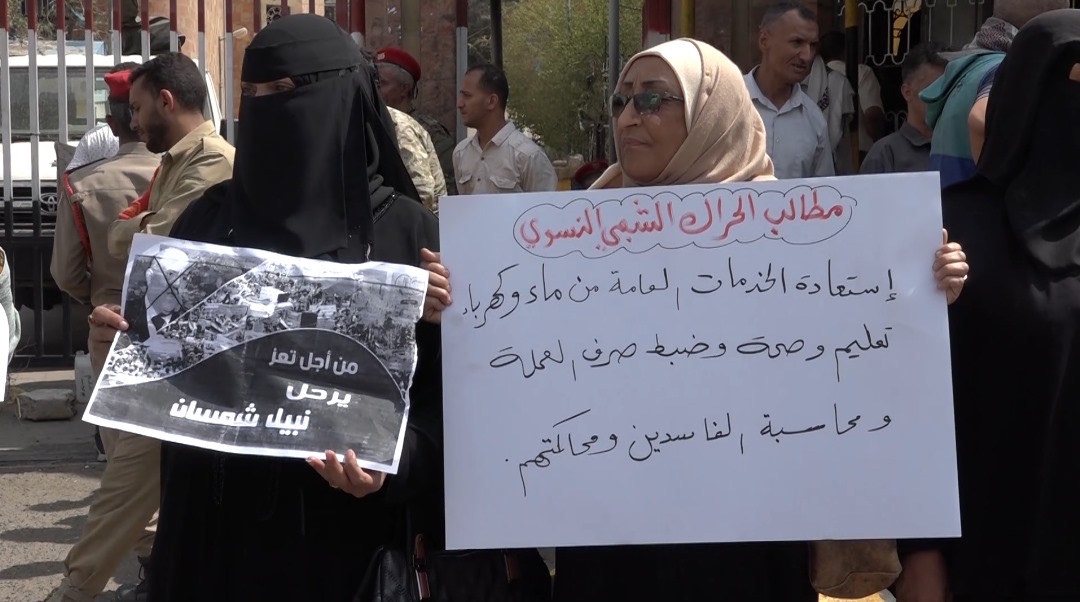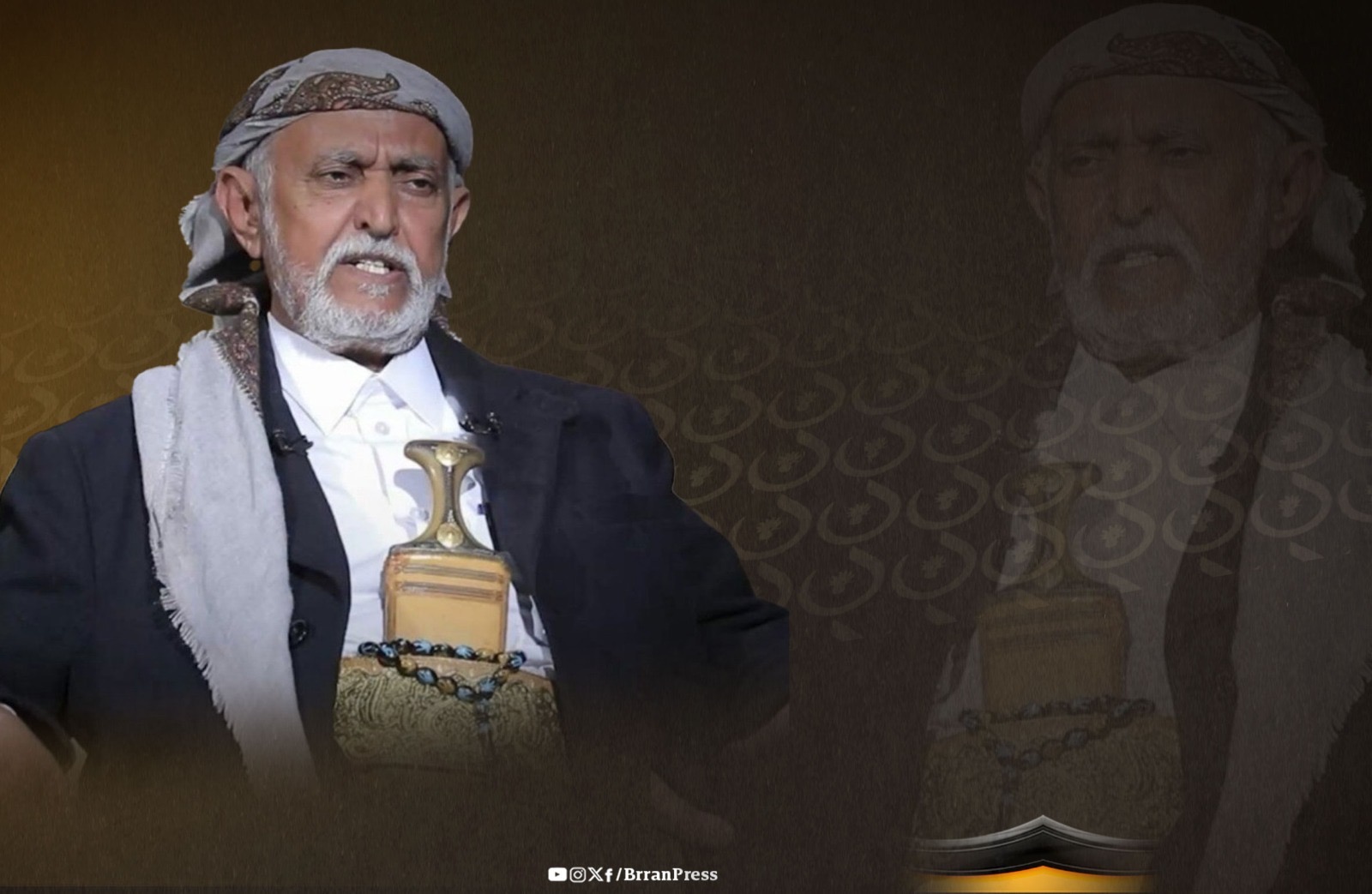
Barran Press
A source close to Yemeni artist Ayub Taresh Absi has denied that the artist is aware of the blocking and copyrighting of his work, including national songs, on social media platforms. The source, speaking to "Barran Press" on condition of anonymity due to the sensitivity of the situation with Tarish's manager, stated that Tarish is "completely unaware" of the copyright claims on the national anthem and his other works.
The source explained that Taresh is currently recovering from a health issue and is medically prohibited from using a phone due to an upcoming eye surgery. He is currently resting and awaiting the procedure.
The source attributed the copyright claims to "Madhar Alhassani," Taresh's manager, who manages the artist's social media pages, including his YouTube channel. The source claims that Alhassani has taken it upon himself to speak on behalf of Tarish, even making statements to lawyer Tawakkol Karman about the need to "activate" certain individuals who want to be allowed to publish the songs.
The source, a member of Taresh's family, emphasized that Tarish, while unable to comment due to his health, is deeply concerned about the situation, and his children and relatives are careful not to mention anything to him for fear of affecting his recovery. Despite this, Alhassani continues to manage Taresh's pages and has fabricated the copyright issue without Tarish's knowledge.
The source emphasized that Taresh consistently maintains that "national songs belong to the people, not to any individual," and that he does not need income from YouTube, contrary to Alhassani's claims.
"Barran Press" reached out to Alhassani for comment and clarification. While he initially agreed to respond, after 24 hours, he sent a message stating, "We have prepared a statement and clarification for everyone, addressing all your questions. We will publish it as soon as it is ready, and we will inform you immediately."
The controversy surrounding the blocking of Taresh's work, particularly his national songs, has sparked widespread debate in Yemen, coinciding with the country's celebrations of the September 26th Revolution.
Some have supported the blocking, arguing that it protects Taresh's artistic rights and provides him with financial benefits. Others believe that national anthems should not be subject to copyright claims, as they belong to the state and the people.





